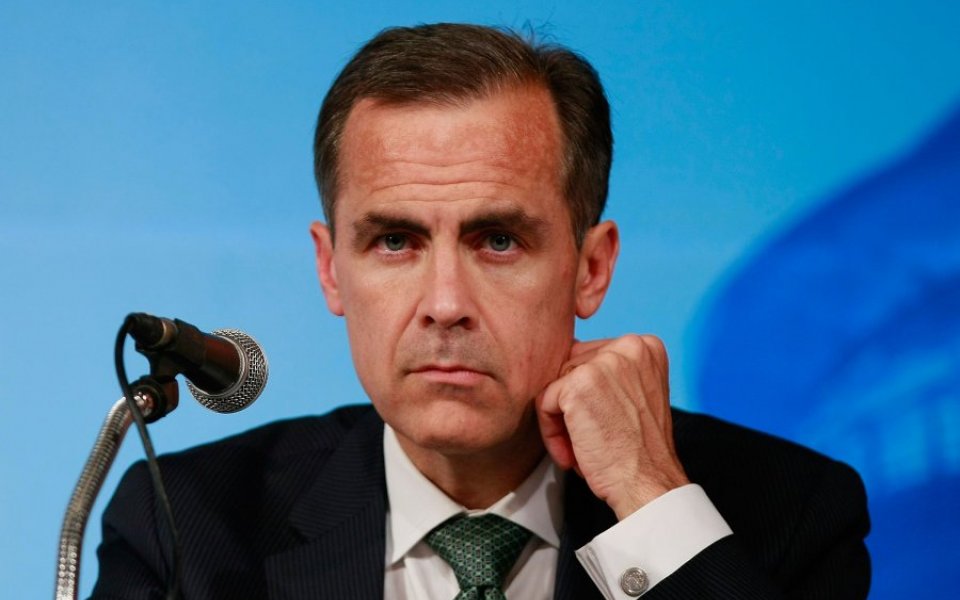Bank of England rate-setters vote unanimously to keep interest rates as record lows as Chancellor George Osborne expresses mixed feelings over low inflation

Borrowing costs are on course to stay lower for longer as the Bank of England’s committee of rate-setters voted unanimously to keep interest rates at record lows for the first time since the Summer.
Rate-setter Ian McCafferty has been voting to increase Bank rate from 0.5 per cent to 0.75 per cent since August. His turnaround reflects a recent slowdown in workers’ pay growth, which has been flagged by a number of members of the Bank of England’s nine-strong monetary policy committee (MPC).
In the minutes of the latest MPC meeting published today, the MPC said it expects “that low realised inflation will continue to moderate the increase in wage pressure in the near term.” With lower wages to pay, businesses are less likely to begin hiking prices, resulting in lower inflation.
In a letter to Chancellor George Osborne, which he is required to write when inflation misses its two per cent target by more than one percentage point, Carney said: “The scale of recent commodity price falls will, however, likely mean that CPI inflation remains below one per cent until the end of the year.”
“On balance, the projections published today’s inflation report indicate the MPC’s collective view that the risks around its central forecast for inflation lie to the downside in the near time.”
Inflation was 0.2 per cent in December.
Despite the subdued outlook for inflation, the MPC said they believed rates would go up at least once in the next two years. The minutes said the MPC currently “judges it more likely than not that Bank Rate will need to increase over the forecast period [two years] to ensure inflation remains likely to return to the target in a sustainable fashion.”
In a letter to Mark Carney, chancellor George Osborne warned that low inflation may put a dent in his budget deficit reduction plans.
While saying low inflation had been “welcome news for Britiain’s households”, he said “we face the risk of a weaker outlook for nominal GDP”. Nominal GDP is real GDP with inflation added, it can also be thought of as the amount of pounds spent on goods and services in the economy.
Osborne said: “If realised this could present challenges for tax receipts in the future and reinforces the importance of delivering our plan to achieve a surplus on the public finances by the end of the parliament”.
Despite the more subdued inflation outlook, the MPC thought the economy was in generally good shape.
“The private sector remains resilient. Consumer confidence is robust, supported by a pickup in real income growth, and overall investment intentions remain firm,” the minutes said. However, the MPC trimmed its growth forecasts slightly. The economy is expected to grow 2.2 per cent this year and 2.4 per cent in 2017, down from 2.5 and 2.7 per cent, respectively.
Ignoring the recent slowdown in pay growth, the MPC said: “muted growth in world prices, the appreciation of sterling since early 2013 has pulled down in import prices more broadly.”
But the Bank remains confident that inflation will return to target over the next two years. The main reason is that believes the remaining spare capacity in the economy will be fully used up this year, putting upward pressure on labour costs.